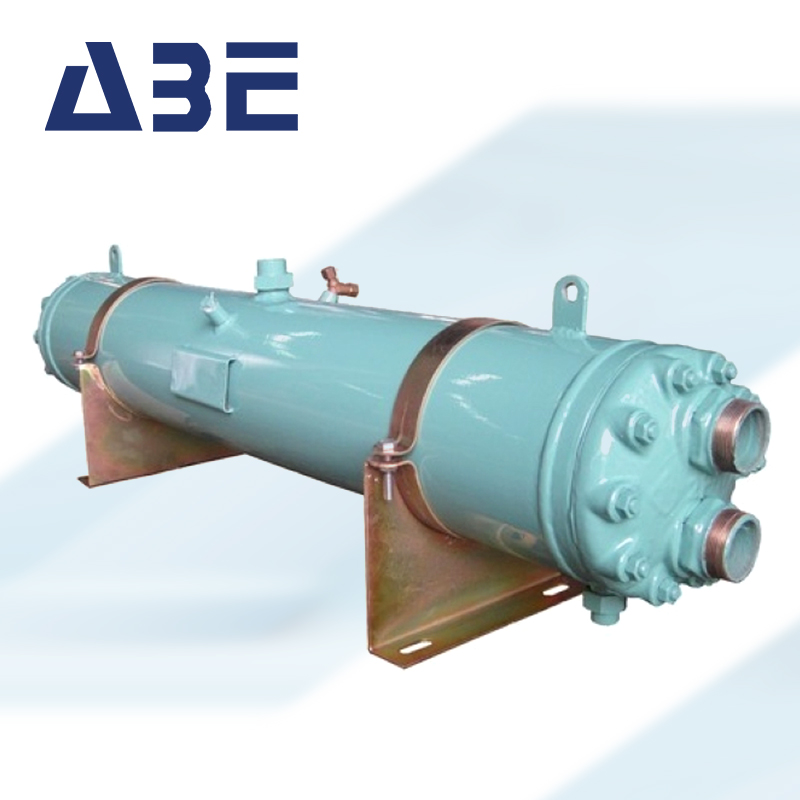
Maximizing Efficiency with Water Cooled Condensers
When it comes to efficient cooling solutions, few methods can rival the effectiveness of water cooled condensers. These robust systems play a crucial role in a wide range of industries, from power plants to HVAC systems, ensuring optimal performance and energy conservation.
If you’re on the lookout for the best quality and affordable range of water cooled condensers, you can get it from Abe & Hxe India Private Limited. We, as leading Water Cooled Condenser Manufacturers in India, design and manufacture these products using the finest quality raw materials and components. The raw materials we use to build these condensers are sourced from trusted vendors in the market.
PRODUCTS GALLERY
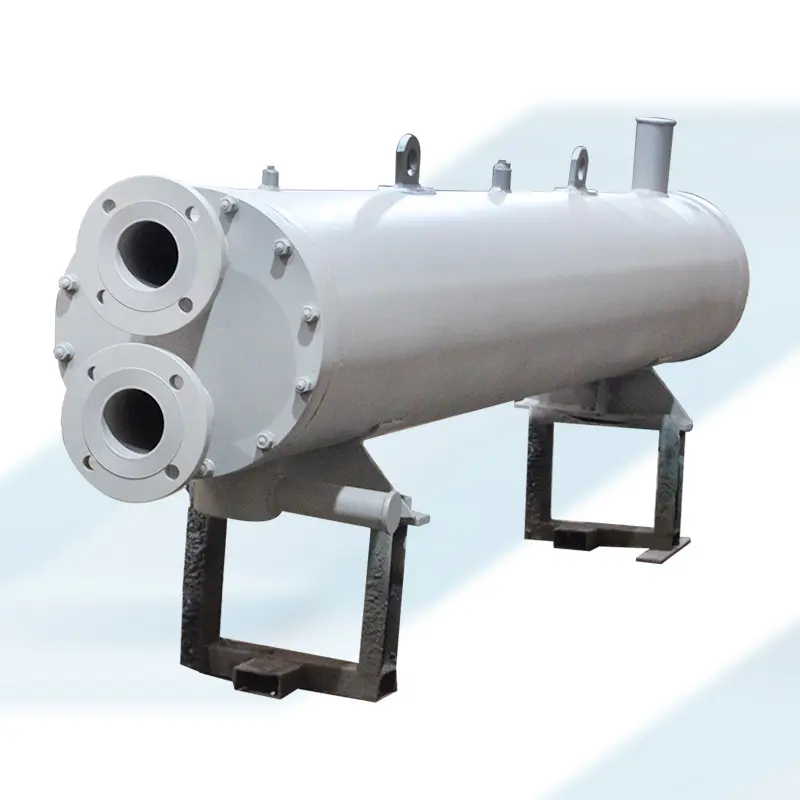
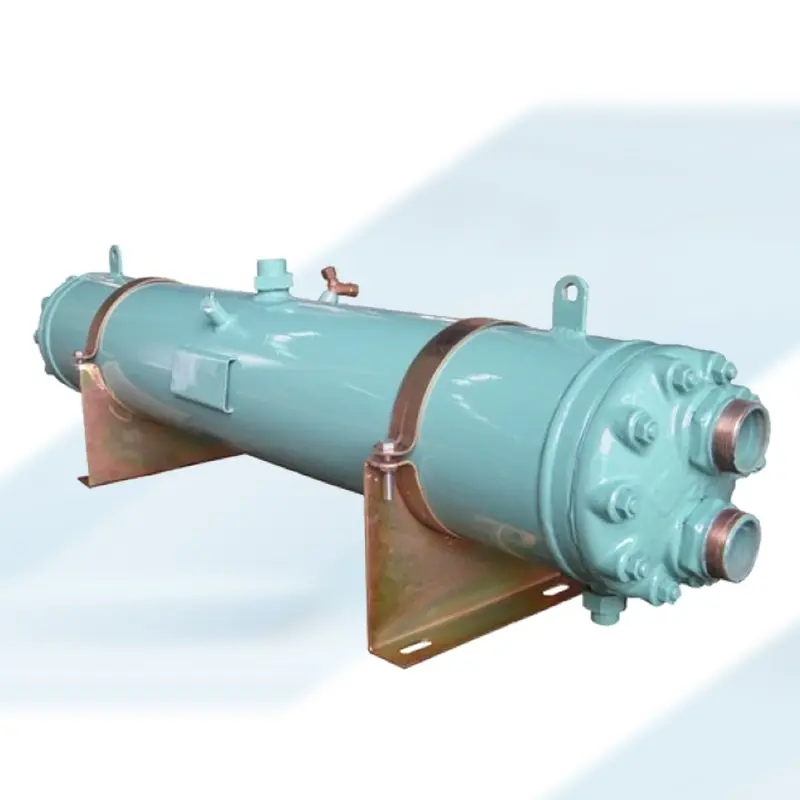
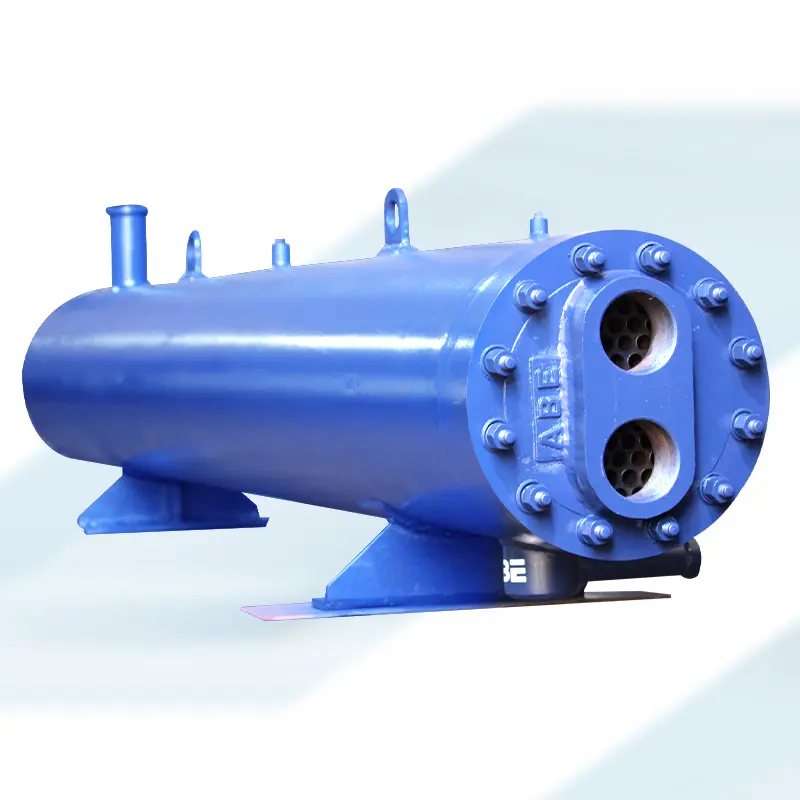
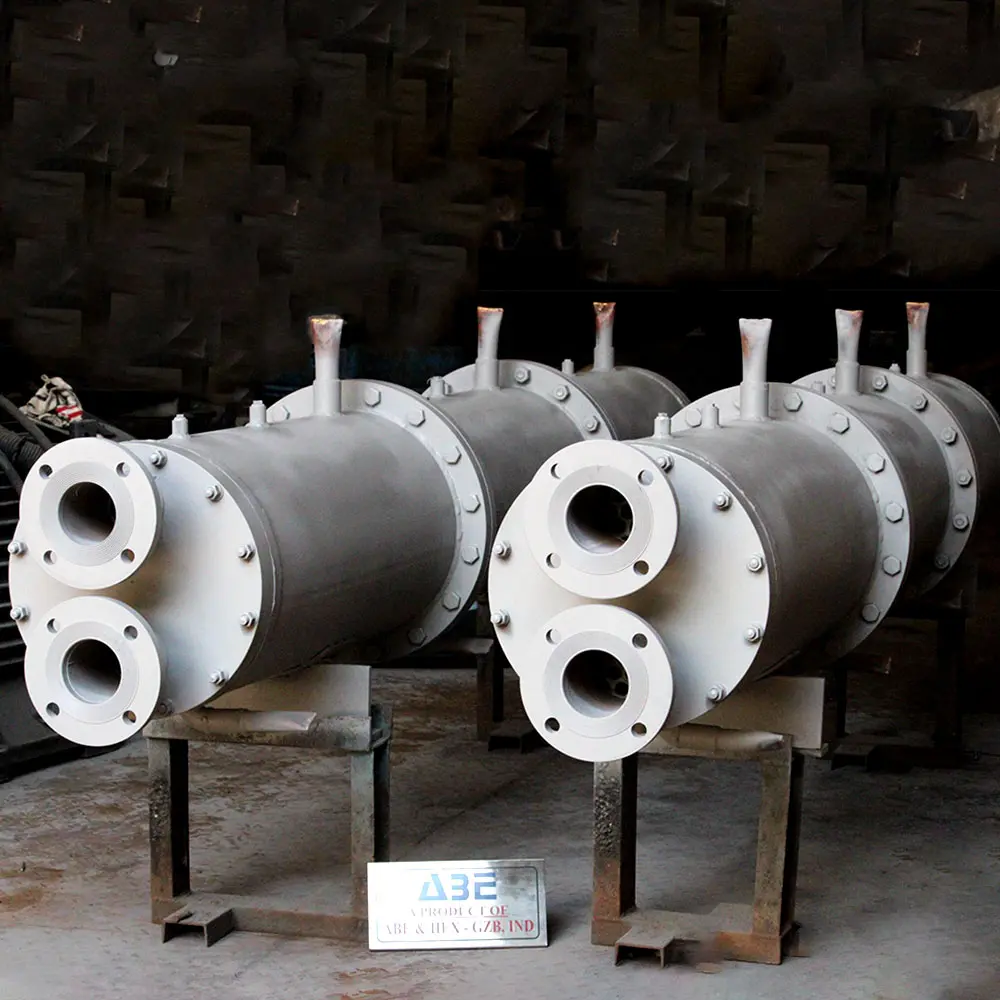
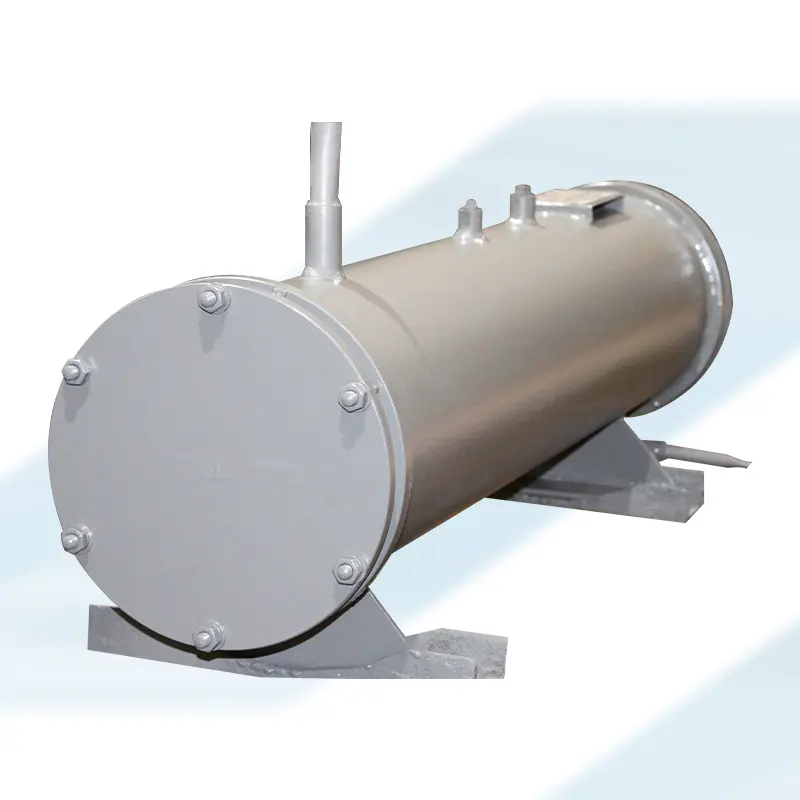
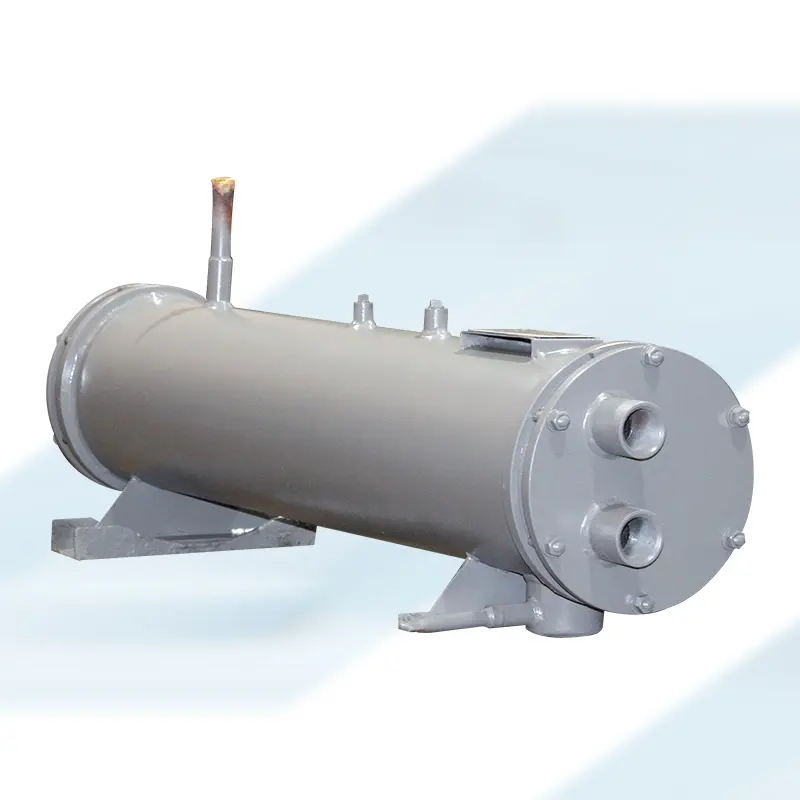
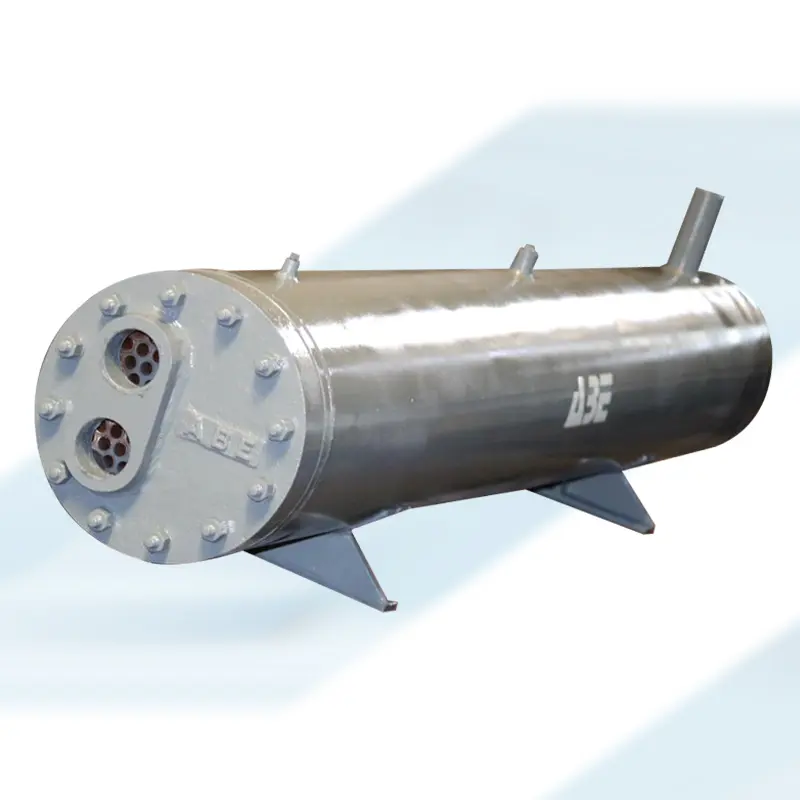
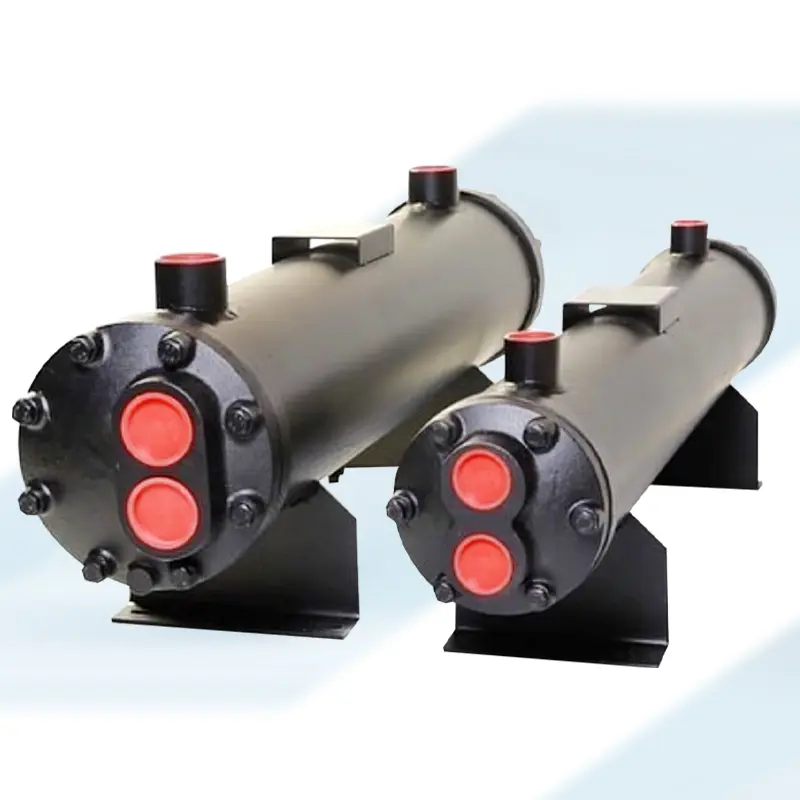
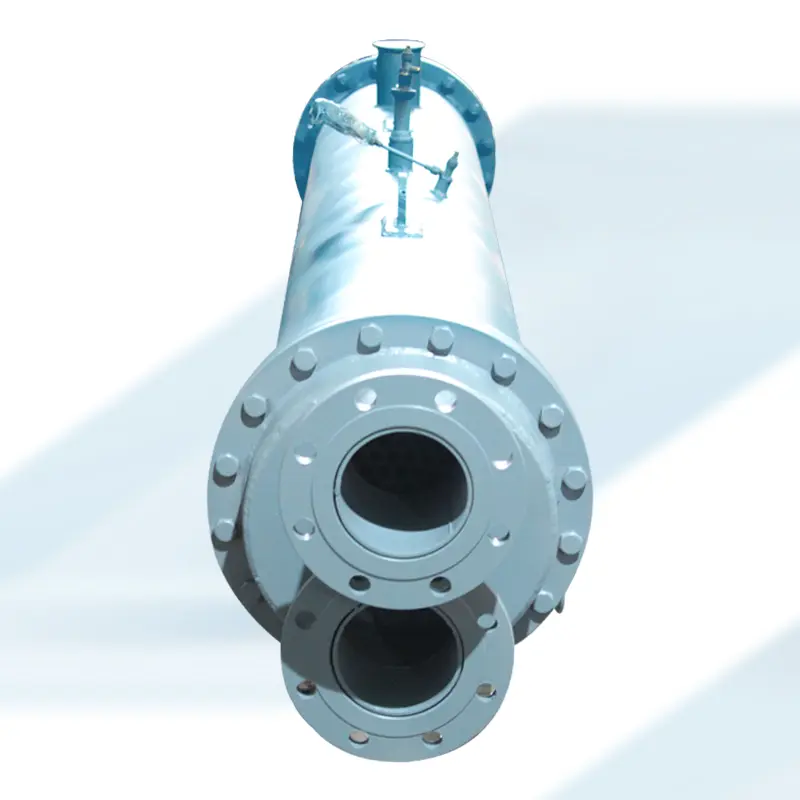
Providing Affordable Range of Water Cooled Condensers
We are one of the most reliable Water Cooled Condenser Suppliers in India, offering these products in customized options to meet your specific needs. Water-cooled condensers operate on a simple principle: they use water as a heat exchange medium to dissipate heat from a system or process. This is achieved through a network of tubes carrying the heated fluid, which is then surrounded by a flow of cooler water.
We have a state-of-the-art infrastructure which includes a manufacturing facility and testing units. Our range of condenser water cooled is precisely engineered in our manufacturing unit using cutting-edge technology. We keep the water cooled condenser price very low so that customers can get these products at competitive prices.
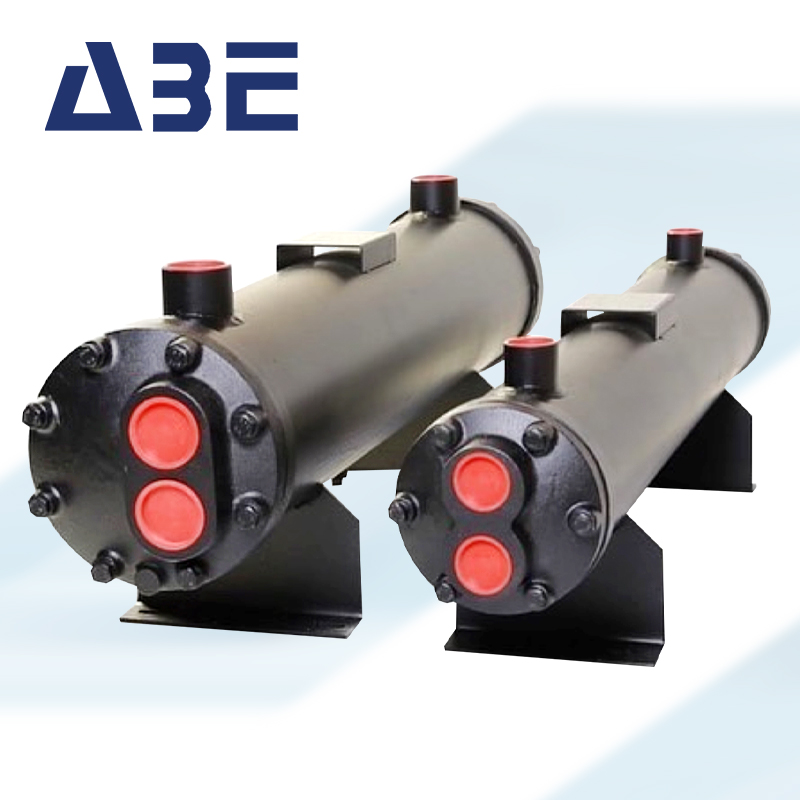
Key Features
- Tubes & Shell
- Noise Reduction
- Coolant flow control
- Incredibly Versatile
- Water Inlet and Outlet
- Refrigerant compatibility
- Insulated to prevent heat loss
- Temperature and pressure control
- High Efficiency in Dissipating Heat
- Reduced Environmental Impact
Applications
- Laboratories
- Power Plants
- HVAC Systems
- Drying processes
- Medical sterilization
- Petrochemicals Sector
- Environmental testing
- Chemical Manufacturing
- Food Processing Industry
SPECIFICATIONS
The capacity of the condenser should meet the chiller system’s cooling loads. The capacity is measured in tonnes or kilowatts.
In the realm of shell and tube condensers, the tube configuration may differ, encompassing options like finned tubes or smooth tubes, contingent on the desired efficiency and heat transfer specifications.
Water-cooled machines need good water. We have to check and keep the water clean so it doesn’t get dirty or damaged.
- Shell and Tube Condenser: In this condenser, the refrigerant passes through tubes, and water surrounds them in a shell.
- Plate Heat Exchanger: Certain chiller systems utilize a compact and efficient plate heat exchanger as a condenser.
Look for designs and features that save energy to lower how much you spend on running things.
The condenser’s size and shape should be just right to fit in the chiller plant space
The condenser that uses water to cool down should be made to handle a certain amount of water flow. This amount depends on how powerful the chiller is and how much of a temperature difference you want.
Check if the condenser comes with its own controls and monitoring tools to work well and spot any problems easily.
In certain condenser types, you might need fans or pumps to help with cooling or make sure the water flows correctly.
The condenser is manufactured with high-quality materials like copper, and stainless steel that are corrosion-resistant.
Remember to stick to the instructions given by the maker when setting up, using, and taking care of it.
The condenser is engineered with a heat transfer surface area that effectively moves heat from the refrigerant to the cooling water.
It’s vital to have an easy way to reach the condenser for upkeep and cleaning. This helps keep it working well for a long time.
Make sure the condenser matches the kind of refrigerant your chiller system uses.
Make sure the condenser meets the rules for the environment and safety.
The condenser must include connections for the inlet and outlet flow of refrigerant.
The condenser will come equipped with inlet and outlet connectors for cooling water supply and return.
